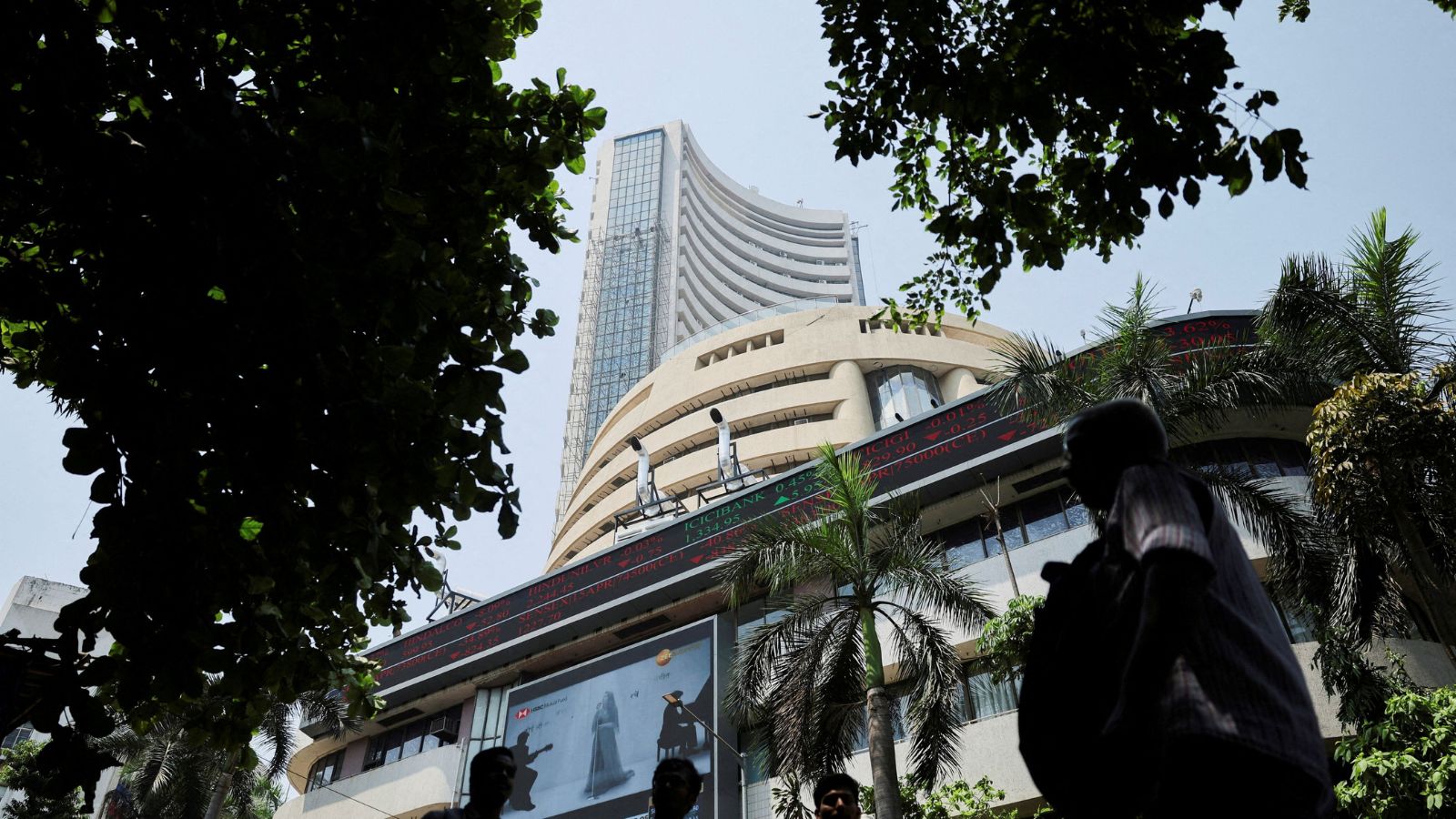The intense border situation has failed to impact the stock markets in a significant way as India managed to remain superior in the conflict and investors, though concerned, largely retained their calm and composure. The benchmark Sensex has fallen just 1.60 per cent – or 1,292 points – in the last two days when the India-Pakistan tension intensified.
When Russia launched its full-scale invasion of Ukraine on February 24, 2022, the Indian stock market experienced a significant sell-off. The BSE Sensex plummeted by 2,702 points, or 4.72 per cent, to 54,529.91. This marked its fourth-largest point drop in history and the steepest since March 2020, when the COVID-19 pandemic triggered a global market crash.
Why is the market not crashing?
In normal circumstances, on a day like this, the market would have suffered deep cuts. But this did not happen due to two reasons. One, the conflict so far, has demonstrated India’s clear superiority in conventional war fare, and therefore, further escalation of the conflict is likely to inflict huge damage to Pakistan. Two, the market is inherently resilient supported by global and domestic macro-economic fundamentals. Weak dollar and potentially weakening US and Chinese economies are good for the Indian market, analysts said.
The domestic macros construct is further rendered stronger by the high GDP growth expected this year, trade deals and the declining interest rate environment. These are the reasons why foreign portfolio investors (FPIs) have been on a buying spree in the Indian market during the last 16 trading sessions.
Investors should not panic, stay invested
Investors should not panic and exit from the market now if the conflict escalates or it continues for more days, experts said. “Remain invested, monitor the developments and wait for the dust to settle,” said a veteran market analyst.
“As we have been alerting our readers, it is prudent to prepare rather than panic. We advise traders to keep leveraged and speculative positions light and use derivatives to hedge short-term exposures,” said Devarsh Vakil, Head of Prime Research, HDFC Securities.
However, any serious escalation in the conflict can deepen investor concerns and is likely to lead to heightened intraday volatility.
Story continues below this ad
Experts advised investors to stay cautious and refrain from bargain hunting until the market provides a clearer direction and there’s more clarity on the duration of the conflict. Despite the short-term uncertainty, long-term sentiment remains optimistic, backed by strong Q4 earnings, the recently finalized UK-India Free Trade Agreement, consistent foreign institutional investor inflows, and a positive global market trend.


